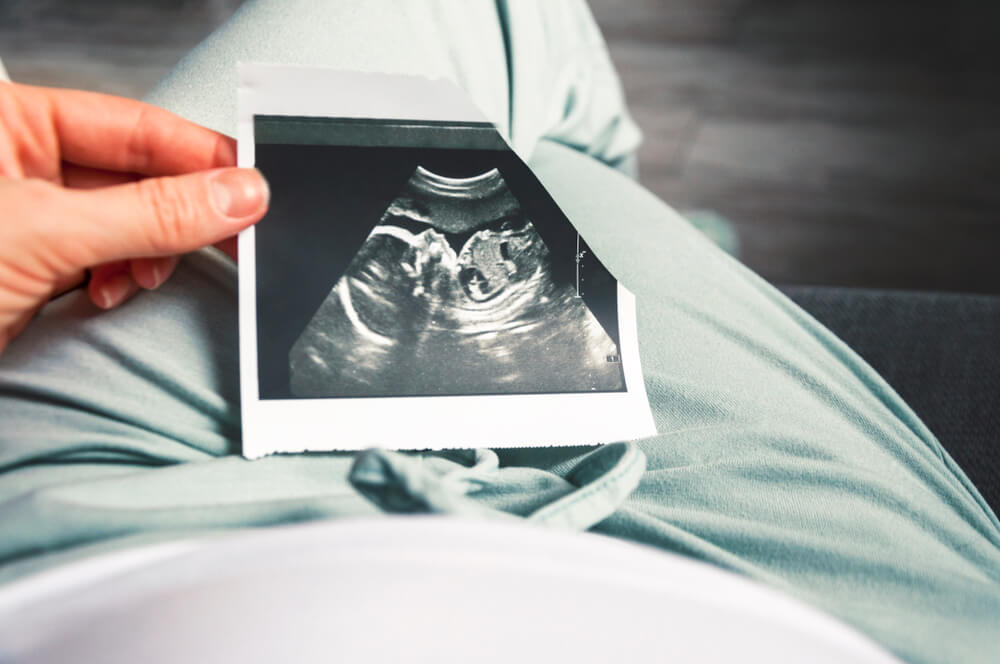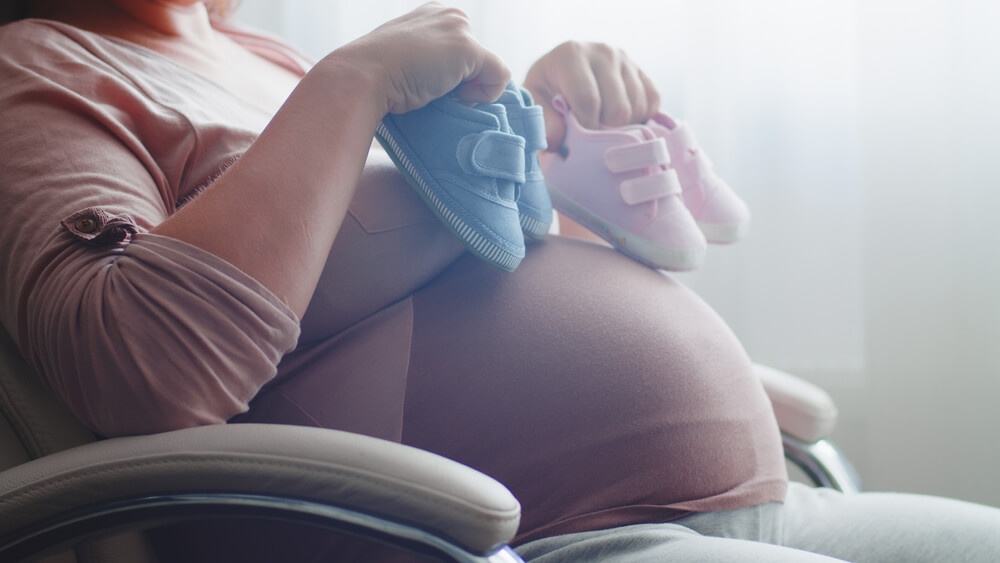When you have early noticeable pregnancy signs such as nausea, constipation, tiredness, and emotional ups and downs, you may wonder whether you’re carrying a single child or twins. This might be especially true if you have undergone fertility treatment and transferred more than a single embryo.
To that end, Dr; Jessica White, delivery and pregnancy specialist, is here to tell you that the only definitive way to know if you are having multiples is by having an ultrasound; so, are there any early pregnancy symptoms with twins that might differ from average pregnancies? Below, Dr. White and our expert team will strive to give you the answers.
About Twin Pregnancies
Multiple births have become more common, primarily due to fertility treatments and most pregnancies occurring later in life. On that note, let’s talk about the basics of twin pregnancies before going further.
Two Different Types of Twins
Nearly one-third of all twins are identical, while the rest (or two-thirds) are non-identical.
- Identical or monozygotic twins occur when a single zygote or egg is fertilized. Later, the egg will divide in two, and the result is identical twins sharing the same genes. They are always the same sex, meaning you’ll either have two girls or two boys.
- Non-identical or dizygotic twins develop when two different eggs are fertilized and then implant into the uterus. They will generally be no more alike than any other two siblings. They are more common, and the babies may be de same or different sexes.
While there are no different early twin pregnancy symptoms that can tell you that you’re carrying twins without an ultrasound, there might be a chance to assume that you are carrying multiples if you:
- Have a family history of carrying twins
- Seem bigger than you should for your dates.
- You have undergone fertility treatment.
Still, you’ll have a definitive answer after you’ve had an ultrasound around the 12th week of your pregnancy.

What Causes Identical Twins or Twins in General?
Good question! What causes identical twins? Currently, there’s no concrete answer that can explain the occurrence of monozygotic twins. One thing’s for sure: experts estimate everyone has the same odds of having identical twins (or about one in 250).
Furthermore, monozygotic twins don’t run in families. Still, there are at least a few factors that may make it more likely that you’ll have non-identical twins. These are:
- The occurrence of non-identical twins varies among different ethnic groups, with the highest rate observed among Nigerians and the lowest among Japanese.
- If you are pregnant and over the age of 35, you have a higher likelihood of having non-identical twins due to a higher probability of releasing multiple eggs during ovulation.
- The tendency for non-identical twins tends to run in the maternal side of the family, likely due to an inherited predisposition to release more than one egg.
- In vitro fertilization (IVF) can increase the chances of having twins, as the process may involve the transfer of more than one embryo.
Also, IFV treatments may increase the chance of having twins because more than one embryo will typically be transferred.
Twin Pregnancy Symptoms: Assessing The Differences
So, what are the early pregnancy symptoms with twins? There aren’t really any early distinctive differences per se regarding symptoms; however, the physical changes are more evident than in the case of a single pregnancy.
Being pregnant with twins will usually mean more weight gained during the pregnancy. The average weight gain with a single pregnancy will be around 25 to 35 lbs, while in the case of twins, this will be 35 to 45 lbs.
Naturally, this gain will lead to other twin pregnancy symptoms, such as more pronounced stretch marks and bloating. Also, hemorrhoids and varicose veins are more common with twin pregnancies.
Naturally, these changes will affect your body and how you feel about it. Because of this, it’s essential to talk with your provider and discuss these changes.
When Can You See Twins On an Ultrasound?
The optimal timing for performing an ultrasound to determine the number of fetuses, placentas, and amniotic sacs is between 10-12 weeks of pregnancy. This is typically when healthcare professionals can accurately identify the specifics. The information obtained from the ultrasound can indicate whether the twins are identical or fraternal, and it also assists healthcare professionals in providing appropriate pregnancy care recommendations tailored to your specific needs.
It’s important to note that hormone tests cannot confirm whether you are pregnant with twins.
Pregnant With Twins: Care and Birth Options
Being pregnant with twins is undoubtedly wonderful news, but the pregnancy itself can be more complicated than the average single pregnancy. Because of this, health experts will usually recommend antenatal care to pick up on any potential complications early in the pregnancy, providing timely and proper treatment or preventive care.
Furthermore, if you’re pregnant with twins, your healthcare providers will probably advise giving birth in a hospital rather than at home or in a birth center. This is because hospitals are more likely to have all the facilities and the equipment to manage any complications that may occur successfully.
Pregnant With Twins: Appointments and Checks During Pregnancy
If you are expecting twins, you will require a higher level of care, which means you will have more appointments and tests throughout your pregnancy. While additional blood tests may not be necessary, you will need more frequent ultrasounds.
For twin pregnancies with separate placentas, it is generally recommended to have ultrasounds at around 12-13 weeks, 20 weeks, and then every four weeks until the birth of your babies. However, you may need more frequent ultrasounds depending on your specific circumstances.
A twin pregnancy where the babies share one placenta can be more complex. In such cases, it is generally advised to have ultrasounds approximately every two weeks starting from around 12 weeks.
Expecting twins also means you will have more frequent antenatal appointments. These appointments provide an excellent opportunity to receive support for your health and lifestyle if needed. Additionally, during these visits, you can obtain information about pregnancy, labor, birth, and early parenting.

Learn About Your Options
While there aren’t any apparent early twin pregnancy symptoms, a few telltale signs and contextual factors may suggest you are or will be more likely to carry twins. And while learning that carrying more than one life under your heart can be exhilaratingly wonderful, it also means that you will need to be more mindful of your condition.
If you are carrying twins, opting for compassionate and comprehensive care is the least you can do to ensure everything goes smoothly during your pregnancy. Finding a compassionate expert who can help you with not just the medical aspect of a twin pregnancy but the emotional aspect can help you immensely during this joyful period.
That said, reach out to us, and let us discuss your options today.


